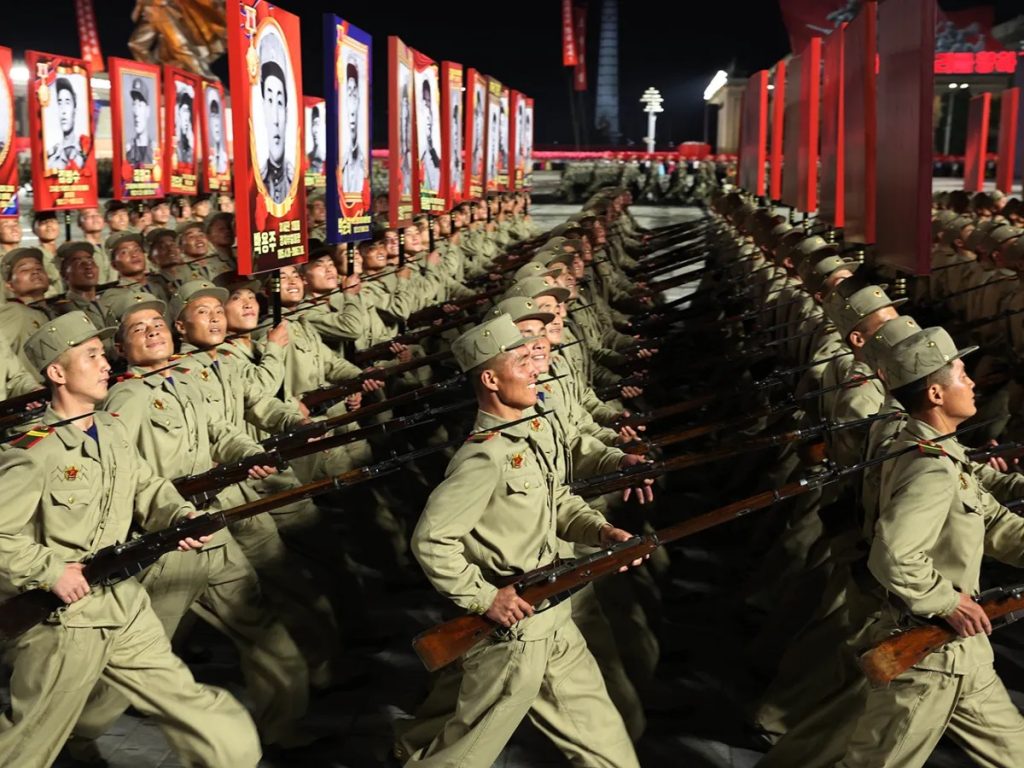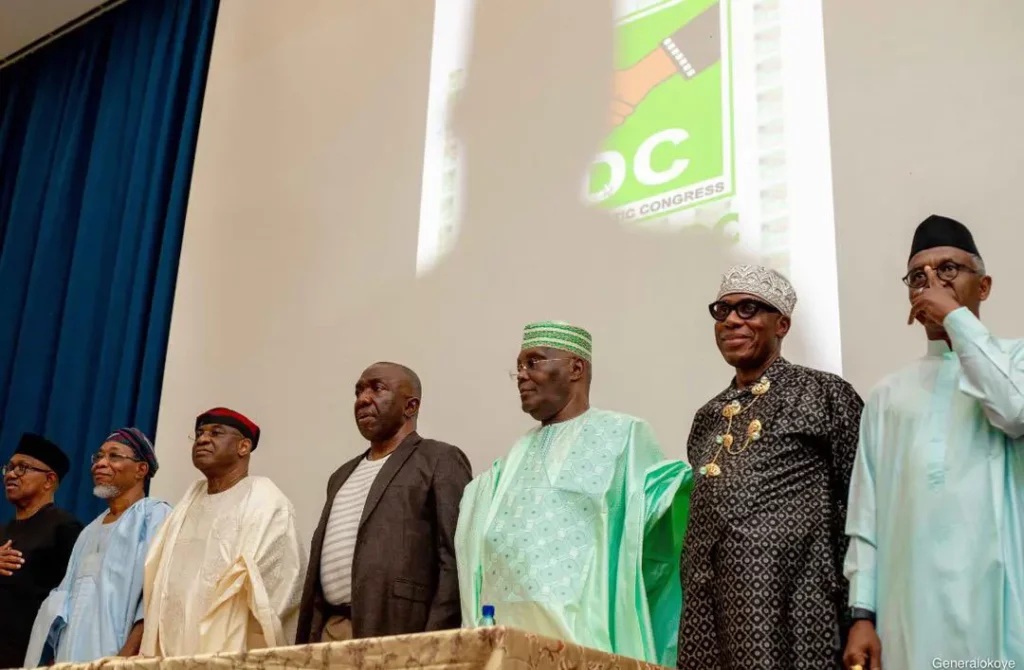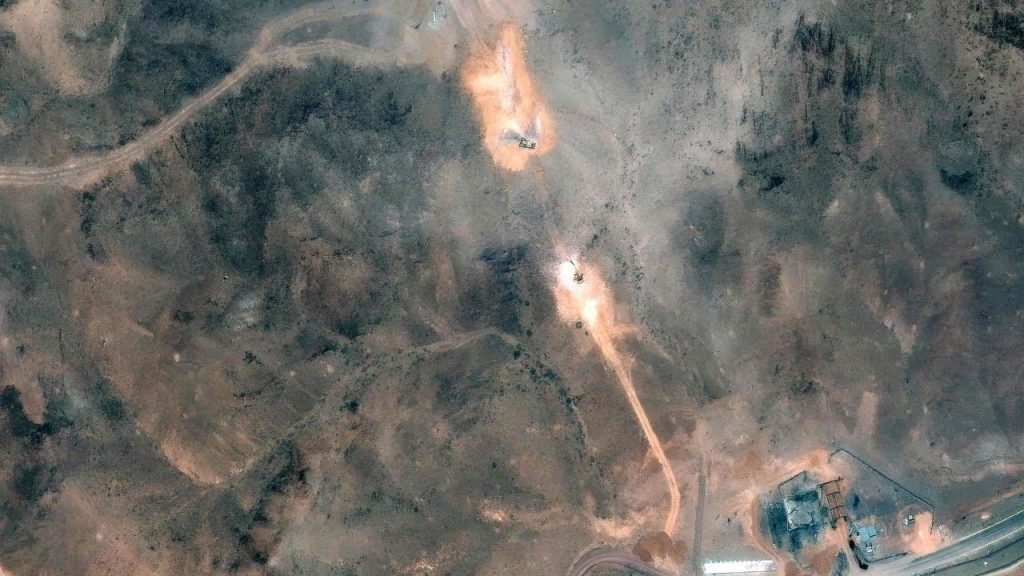Editorial
Support staff shut down Warri refinery over decades of poor pay and zero benefits
DDM News

Support staff of the Warri Refining and Petrochemical Company (WRPC) in Delta State have staged a major protest, shutting down operations at the refinery.
The strike, which began on Monday, was declared indefinite by the protesting workers, who cited poor conditions of service and years of neglect by the company’s management.
Diaspora Digital Media (DDM) gathered that the aggrieved workers blocked the entrance to the refinery, chanting solidarity songs and holding placards with inscriptions denouncing their working conditions.
The WRPC is a subsidiary of the Nigerian National Petroleum Company Limited (NNPC Ltd.), responsible for refining petroleum products.
The facility has been undergoing various stages of rehabilitation under the federal government’s plan to revive Nigeria’s refining capacity.
However, while billions have been committed to the renovation of the refinery, support staff say they have been left behind in terms of welfare and recognition.
Speaking to journalists, the leader of the protest, Mr. Dafe Ighomiteso, explained that support staff constitute about 80 percent of the refinery’s workforce.
He described the situation as modern-day slavery, pointing out that workers have long endured inadequate pay and a total absence of benefits.
According to Ighomiteso, some support staff have served the company for nearly two decades without being regularized or given standard employment terms.
He disclosed that after years of agitating for improved working conditions, the support staff are still earning between ₦34,500 and ₦165,000 monthly.
Cleaners, engineers, technicians, and other categories of workers all fall under the support staff structure, which reportedly lacks medical, transport, housing, and meal allowances.
Ighomiteso lamented that none of the workers are covered by insurance or entitled to pensions.
He stressed that their demand is not for equal pay with permanent staff, but for fair and commensurate treatment compared to support staff in other subsidiaries and corporate services units of NNPC.
“We are supposed to be protesting against casualization,” he said. “But the nation is quiet. No one is speaking for us.”
Another protester, Innocent Ileleji, who works as a cleaner and gardener, confirmed the monthly pay of ₦34,500. He said the amount is not sufficient to sustain workers or their families.
He added that some staff are owed arrears of their already meagre salaries.
Ileleji pointed out that promises made in 2013 for a salary review have remained unfulfilled, deepening the frustration among workers.
Elohor Poko, another support staff member, described the conditions as dehumanizing and appealed directly to the General Chief Officer to intervene.
She emphasized that the workers are not asking for luxury, but simply want a fair and livable wage structure to reflect the hazards of their work environment.
A source within the refinery, who requested anonymity, disclosed that while the main plant remains shut due to ongoing maintenance, the turbine unit is the only section currently operational to maintain minimal functionality.
The source further noted that rehabilitation work on the refinery is about 60 percent completed.
Management of the WRPC has yet to issue any official response to the strike action, despite repeated efforts by journalists to obtain comments.
The Warri Refinery is one of Nigeria’s key refining assets and is part of the government’s strategic plan to reduce reliance on imported petroleum products.
However, the ongoing strike by support staff could significantly delay progress on the refinery’s rehabilitation, while also highlighting deeper human resource and labor relations challenges within the country’s oil and gas sector.
The protest also raises critical questions about the sustainability of ongoing reforms in the petroleum industry if frontline workers continue to be neglected and underpaid.
This development may further complicate the federal government’s refinery revival agenda, especially as it battles with broader economic and fiscal pressures.
For Diaspora Digital Media Updates click on Whatsapp, or Telegram. For eyewitness accounts/ reports/ articles, write to: citizenreports@diasporadigitalmedia.com. Follow us on X (Fomerly Twitter) or Facebook












